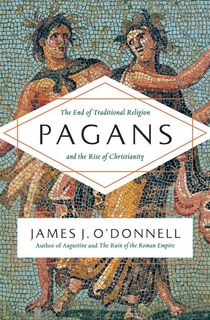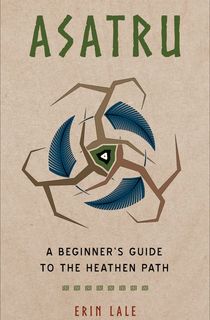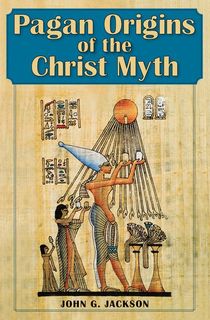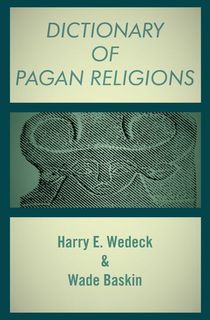There's a lot that's misunderstood about paganism, with many people reducing it to witchcraft. While Wicca and other nature-centered practices are included under the umbrella, paganism encompasses those religions which worship multiple deities and/or which originated before Christianity. Today, a pagan would be considered anyone who doesn't worship in a church, synagogue, or mosque.
As polytheism was the norm in the ancient world, the shift to the worship of a singular god was a complicated one. Explore the histories of nuanced old world religions and the cultural influences their rise and decline had on our modern world with these seven eye-opening books on paganism.

Pagans
As Christianity gained traction, the pagan way of life was decimated. This book explore the shifting of religious thought from the perspective of those fourth century Romans whose traditions were taken from them by what they viewed as a religious cult. Author James J. O’Donnell guides readers through Ancient Rome through the important conflicts of Rome vs. the East, plurality vs. unity, poverty vs. wealth, and the old ways vs. the new.

Asatru
Born of ancient myths and folklore, Asatru is a neo-pagan faith with roots in the pre-Christian lands of Iceland, Scandinavia, Scotland, Germany, and other northern European regions. You may be surprised to learn that in the United States and Europe it is one of the fastest growing religions today. This book dives into everything you need to know about this modern religion, including the role of gods and goddesses, the rituals and magical practices, the moral virtues, and the interpretations and “hijacking” of Asatru's symbolism in the past 200 years.

Pagan Origins of the Christ Myth
Christianity didn't spring to life out of nowhere. In fact, the creation and atonement beliefs have origins that can be traced back to pagan myths. Citing the historical record, author John G. Jackson follows Christianity back through the rituals, beliefs, and virtues of ancient Egyptian, Greek, Aztec, and Hindu religions.

Dictionary of Pagan Religions
From the Stone Age to the modern day, a wealth of pagan religions have thrived all around the world—so many that it can be difficult to grasp the foundations of all that's out there. This comprehensive reference guide gives an overview of the religions of the ancient world, including vital details on the rites, rituals, writings, temple sites, and beyond. From Egyptian to Celtic traditions, this A-to-Z text is a wonderful primer for paganism.

God Against the Gods: The History of the War Between Monotheism and Polytheism
As Christianity usurped paganism, a flood of religious intolerance followed in its path. This book follows the tumultuous centuries of conflict as monotheism crushed traditional beliefs in multiple deities. With a sharp wit and keen intellect, author Jonathan Kirsch follows this holy war from its origins in Ancient Egypt through to its passionate end in the fourth century as the Christian Constantine and pagan Julian of Rome shaped the world we live in today.

Her Hidden Children: The Rise of Wicca And Paganism in America
While historical accounts of religious movements can be muddied over time, none are so murky as that of American paganism. Rife with both fabricated lineages and solitary practitioners, this quiet religion is hard to pin down. However, this book imparts never-before-told stories of paganism's beginnings in the United States, featuring important figures and organizations, detailed timelines, and illustrative imagery.

When God Was a Woman
In ancient times, the Near and Middle East worshipped the Great Goddess. This was a time of matriarchy, and under the Goddess's reign, women were land owners and marketplace traders. So why were women's lives and rights so heavily suppressed with the dawn of a Judeo-Christian culture? This riveting book documents the ancient conspiracy which rewrote the Goddess into a depraved figure, shaping the ways in which gender roles were formed.



